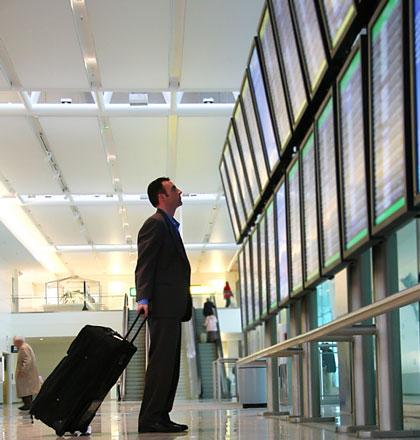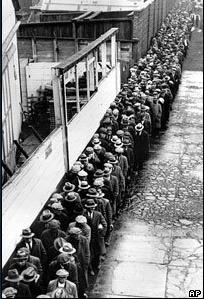Australian tolerance is being abused by excessive immigration

Australians are a tolerant mix of people, perhaps no more so than indigenous Australians who have put up with wave after wave of immigrants.
The term 'racist' is an ugly slur readily being used by anyone who seeks to put down criticism for the negatives of successive government immigration policy.
To be racist is to be prejudiced against a specific racial group or multiple racial groups. Australia is such a mix of races that it would be illogical to use the term without attracting criticism of one's self.
But Australia's immigration problem is not one of racism or xenophobia. It is local natural response to the sheer numbers of people arriving over a short period of time, to the point where the society, economy and environment are not coping and are where locals are witnessing serious negative impacts. It matters not from where they come, but their impact on local society.
The governments inviting them in care not for their adjustment to society, their impact on society or the gross shortfall of infrastructure investment to support them. Laissez Faire immigration policy is failing all concerned.
It is also a problem of some immigrants rejecting Australian societal values and unjustly seeking to impose their own values on Australians. This is exacerbating the social tensions.
These problems are collectively creating the immigration injustice faced by local Australians. Of course the local reactions vary from tolerance to intolerance and there are some racists out there like in every society, but they are in the minority.
The real problem being created by successive LibLab governments and their encouraged excessive waves of mass immigration, is that immigration is being imposed on local society at an unsustainable rate, and the vital importance of assimilation and society cohesion has been tragically abandonned by government. This has created local resentment and antagonism. It has also meant many immigrants are unjustly left to fend for themselves. It is regrettably fueling racism.
The perpetuating problem is shortsighted government economic-centric policy and abandonment of social responsibility.
Multiculturalism is a euphemism for governments saving money by abandoning new immigrants to fend for themselves. Naturally, anyone left to fend for themselves will turn to their own kind and become insular in their own ethic group.
Hence, government abandonment has created ethnic enclaves. Immigrants are not encouraged to assimilate as 'new Australians' into Australian society, but to perpetuate satellite enclaves of their old countries.
It takes generations to assimilate. Look at the Mediterranean immigrants post WWII! It took Australian mainstream up until the 1980s, some 30 odd years later the third generation of Mediterranean immigrants (mainly Greeks and Italians) to be embraced as an non-distinguishable integrated component of the mainstream Australian community. We went from the TV culture of 'Kingswood Country' in the 1970s to 'Acropolis Now' in the late 1980s.
Social change simple takes time. It is a human condition that cannot be forced and fast tracked.
Further Reading
Economic Migrant (defined)
'The term economic migrant refers to someone who has emigrated from one region to another region for the purposes of seeking employment or improved financial position. An economic migrant is distinct from someone who is a refugee fleeing persecution. An economic migrant can be someone from the United States immigrating to the UK or vice versa.
Many countries have immigration and visa restrictions that prohibit a person entering the country for the purposes of gaining work without a valid work visa. Persons who are declared an economic migrant can be refused entry into a country.'
Source: Wikipedia, UNHCR
1. Immigration and its Social and Economic Impact with Respect to Class and Poverty by Lee H. Walker, published in 'News & Views', 1st December 2006
2. ABC TV News covers Overloading Australia, Mark O'connor [6th January 2010]
3. 730 Report (refer to programme this evening [5th August 2010) specific to Kerry O'Brien's interview with Mark O'Connor & BIS Shrapnel, when available as a podcast.
4. Cultural and economic adaptation of Sudanese refugee migrants in Melbourne: a Dandenong case study, by Dunja Licina and A. Dharmalingam,School of Political and Social Inquiry, Monash University.
5. 'Population' feature on this website.


Recent comments